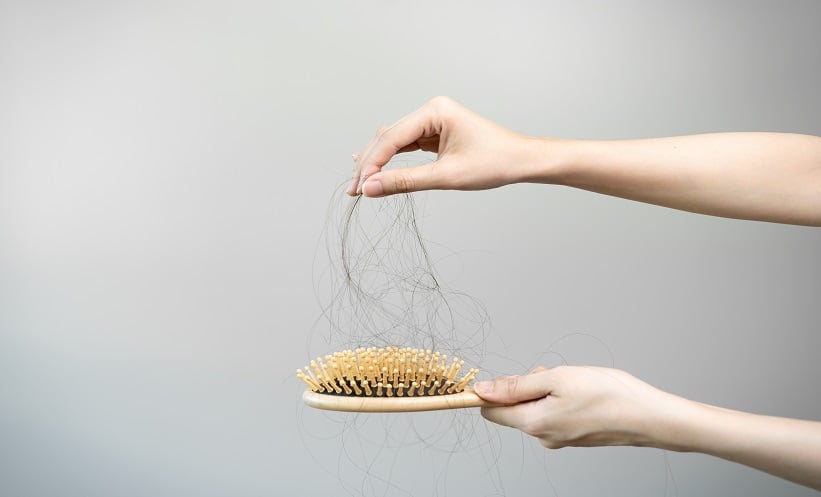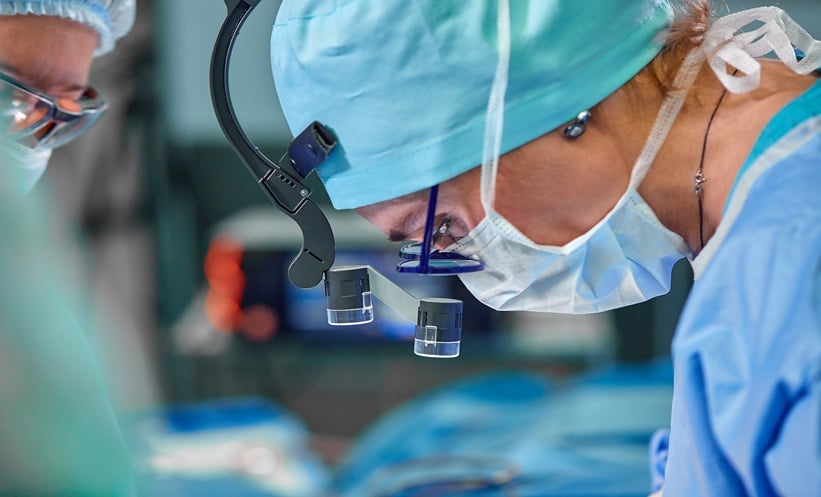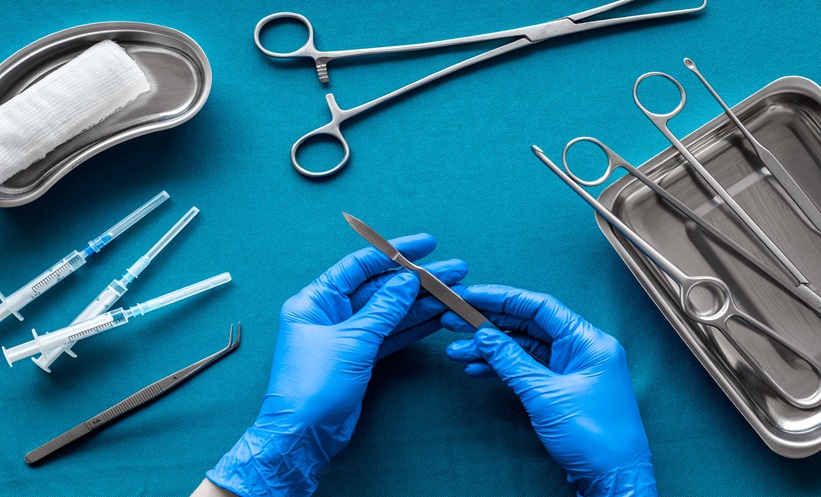Scalp cooling is widely recommended to help reduce hair loss caused by chemotherapy, a side effect that can greatly affect patients’ well-being and self-image. While this approach has proven effective in minimising chemotherapy-induced alopecia (CIA) and supporting hair regrowth, some patients still experience incomplete recovery. A new post hoc analysis of two prospective trials has identified possible reasons why, highlighting a link between tamoxifen use and persistent hair loss after treatment.
Study Findings from Breast Cancer Trials
Researchers evaluated 123 women diagnosed with stage I–III breast cancer who received anthracycline- and/or taxane-based chemotherapy alongside scalp cooling. Six months after completing chemotherapy, 12% of participants showed persistent chemotherapy-induced alopecia (PCIA), meaning their hair had not fully regrown.
The analysis revealed tamoxifen monotherapy as a significant independent risk factor for PCIA, with an adjusted odds ratio of 11.66 (95% CI, 1.87–120.20). Variants in the chromosome region 20p11 and in HLA‑DQB1 displayed possible, though non‑significant, associations with continued hair loss. Patients receiving tamoxifen also showed reduced hair thickness compared with those not on hormonal therapy, reinforcing the suspected role of the drug in hindering follicular recovery.
Implications for Patient Care
Although scalp cooling remains the most effective non‑invasive strategy for preventing CIA, these findings suggest that its benefits may be limited in certain treatment contexts. The study authors note that tamoxifen, a selective oestrogen receptor modulator widely used in hormone receptor‑positive breast cancer, may interfere with normal hair follicle cycling and repair.
Clinicians are urged to offer personalised counselling before treatment, especially for patients likely to receive tamoxifen after chemotherapy. Close dermatologic monitoring could help identify PCIA early and allow supportive interventions such as topical or systemic therapies aimed at stimulating hair regrowth.
The study underscores the importance of combining scalp cooling with tailored oncologic and dermatologic follow‑up, ensuring patients receive realistic expectations and optimised care during recovery from chemotherapy.
Reference
Lee H et al. Clinical and genetic predictors of persistent chemotherapy-induced alopecia despite scalp cooling in breast cancer. Npj Breast Cancer. 2025;11:124.








